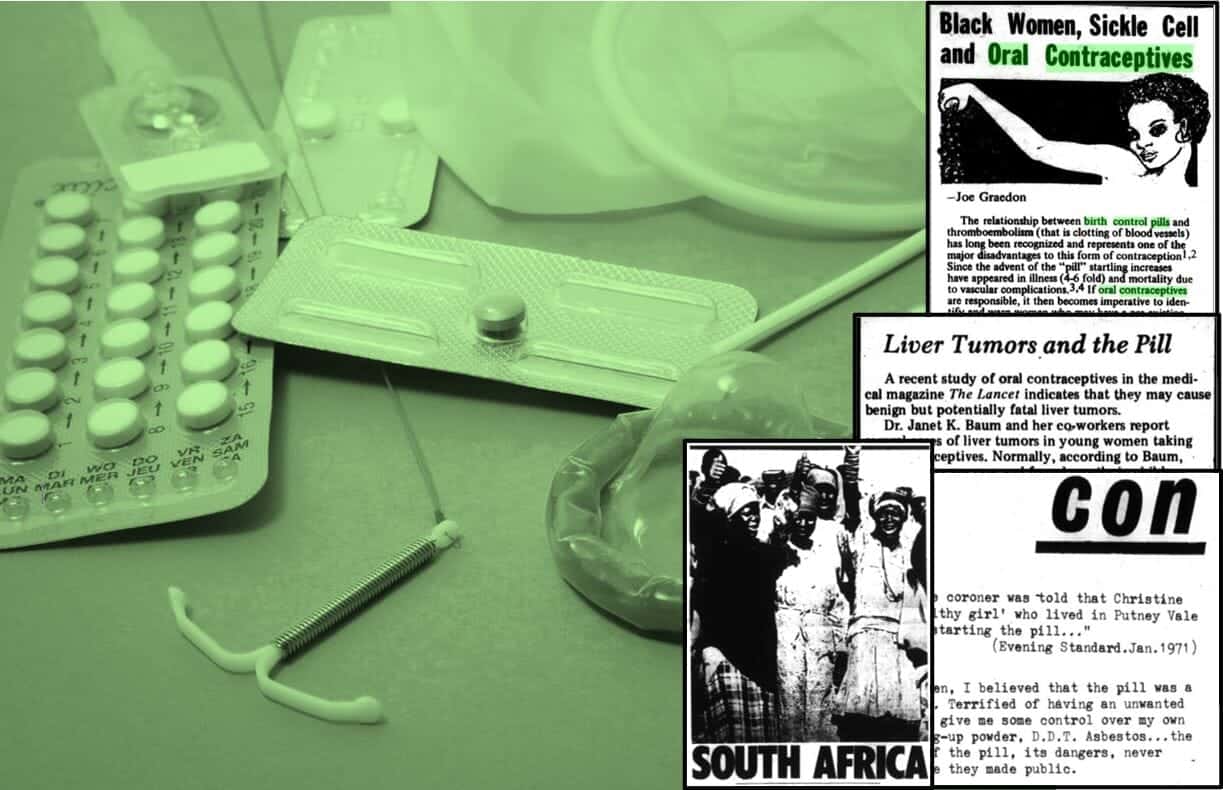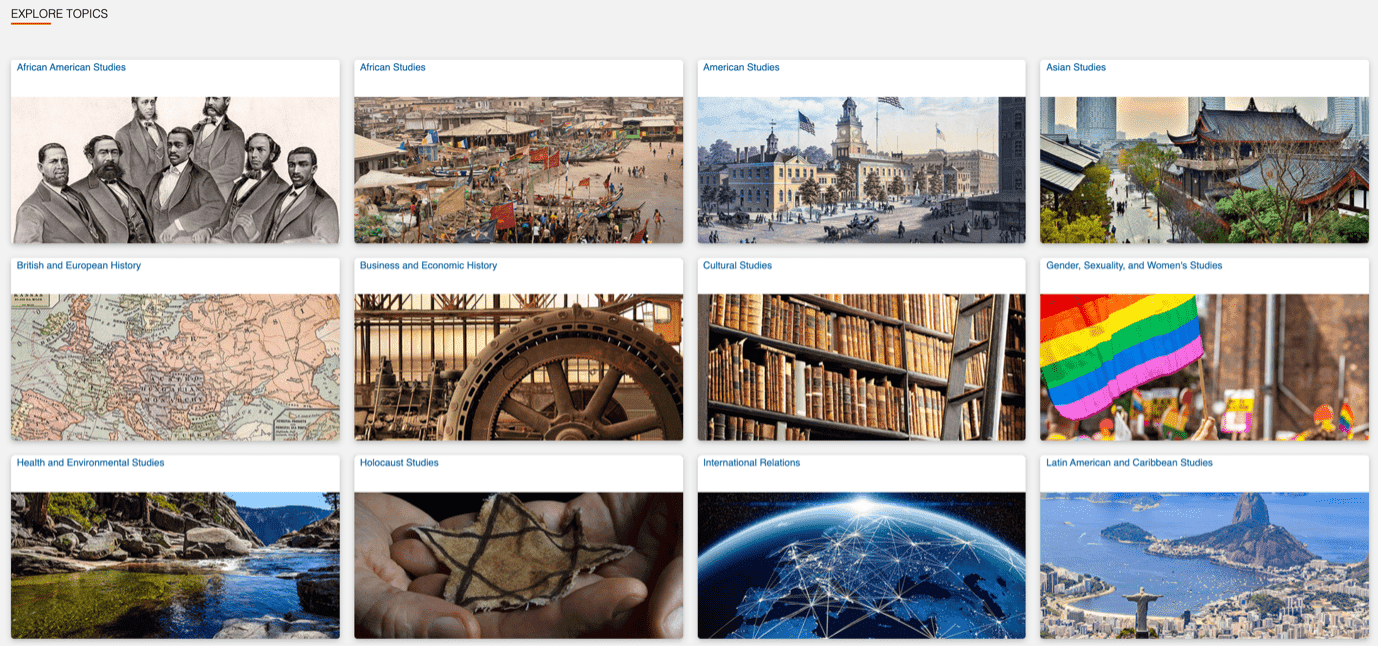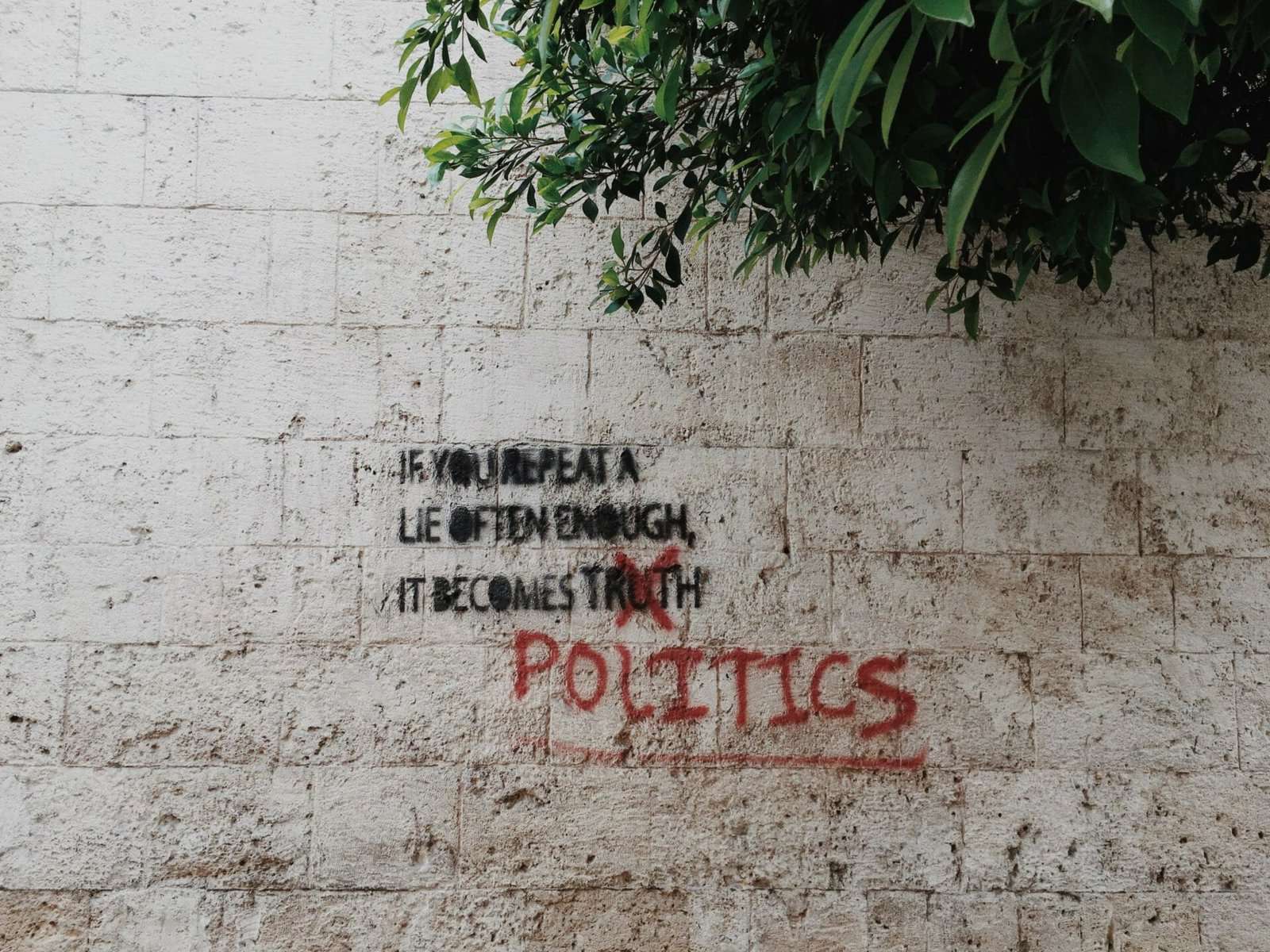│By Nonkoliso Andiswa Tshiki, Gale Ambassador at the University of Johannesburg│
On a warm autumn afternoon in late May 2022, in the University of Johannesburg’s Library Project Room on the Auckland Park Kingsway Campus, I interviewed Bokhutlo Tlhabanelo, who is popularly known as Mickey. Mickey is a first year Master’s student and a tutor for the first year students enrolled on the undergraduate History course at the University of Johannesburg. In the interview, Mickey shared her holistic experience with Gale Primary Sources and the extent to which these resources have contributed to her research project.










